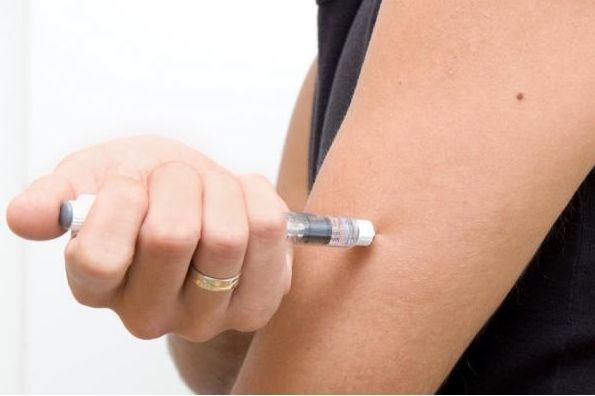Aren’t Fruits Full Of Carbs – Advice For Diabetic Patients:-
We are often told that fresh fruits are extremely good for health. But what about the sugar contents in the fruits? Aren’t fruits full of carbs? But do you know that there are two types of carbs- the good carbs and the bad carbs? Well, it is what makes the difference. If you have fruits that are enriched with good carbohydrates then they will not harm you in any way. Your blood sugar or obesity problems will not be affected at all. Rather you will be able to handle them easily.
Fruits enriched with good carbs and other nutrients:
- Apples and pears are low in sugar and contain a sufficient amount of fiber and so satisfy your sweet tooth you can go for these fruits without disturbing your pancreas.
- Although grapefruit is a citrus fruit unlike other fruits of the same group are not high in sugar and can be taken in salads paired with avocado slices but without sprinkling sugar on top.
- Apricots and peaches too are a smart way to get vitamin C and fiber in a tasty way. They have the same nutritional elements like apples and pears.
- Figs are low in sugar and store a lot of fiber. Do not miss them during the season.
- Strawberries, Cranberries, Raspberries and Grapes are some of the best fruits that have low in sugar and supply sufficient quantity of good carbs to the body for energy and metabolism as well. You will often see jams and diabetic sugar-free desserts prepared with these fruits for the natural sugar in them are just right enough to offer you a tasty treat.
There are certain fruits which are high in sugar and other essential nutrients. A normal individual especially children can have them profusely, but if you are a diabetic or an obese patient or trying to stay low on carbs avoid the following fruits.
Fruits to avoid – Bad Carbs:
Watermelons are really a tempting fruit. But they are very high in sugar and carbohydrate contents. So avoid it.
- Mangoes and Papayas are those fruits that attract everyone. But they are full of sugar and carbs that cannot be digested easily. So it is better to avoid them.
- Pineapples are good sources of enzymes that treat joint pains and inflammation. But the high sugar content in them is harmful for many.
Nature is full of all the necessary nutrients that we require to stay healthy. It is our task to pick out the ones that are best for us.


